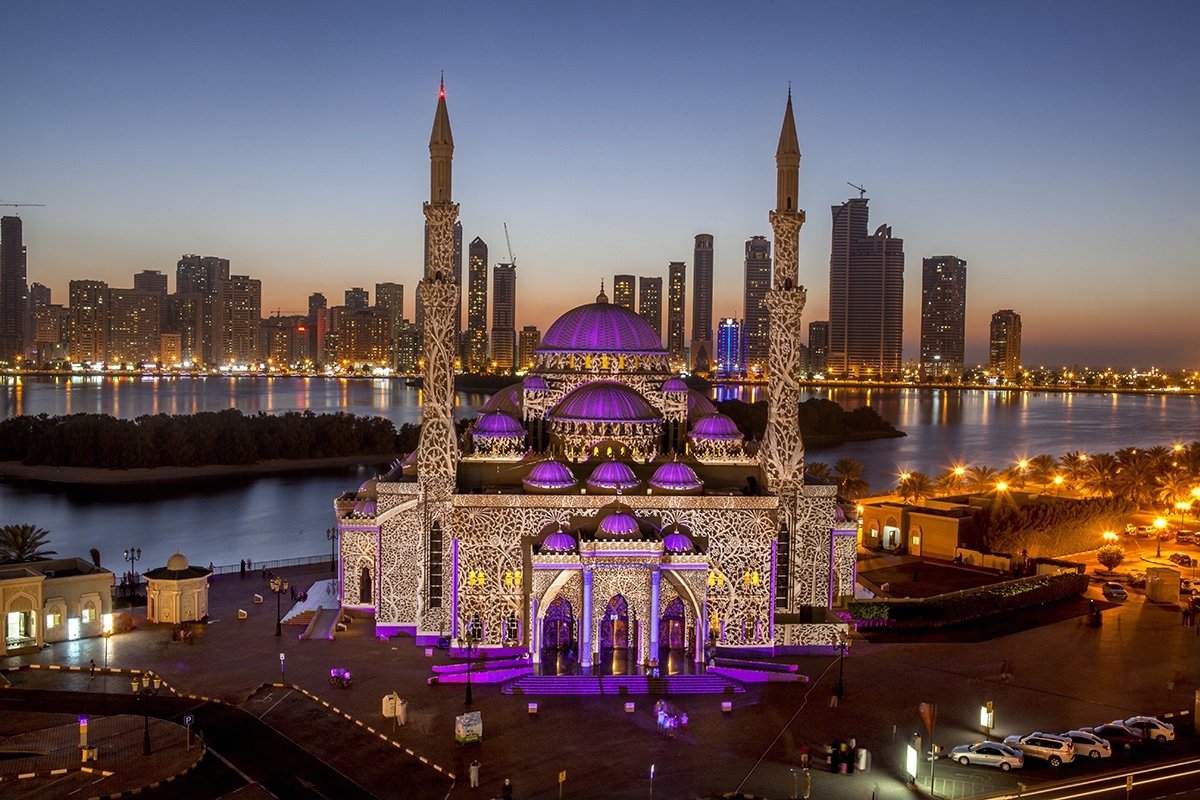Sharjah, a cultural hub in the United Arab Emirates, has recently turned the spotlight on its rich history with the announcement of four potential UNESCO World Heritage Sites. These sites offer a captivating glimpse into Sharjah's past, showcasing its significance as a center of trade, human settlement, and artistic expression for millennia.
One of the most intriguing entries is the pre-Islamic settlement of Mleiha. Located in central Sharjah, Mleiha boasts archaeological finds that shed light on the region's role in the ancient camel trade routes. Excavations have unearthed tombs, necropolises, and defensive structures, painting a vivid picture of life in this bygone era.
Another contender is the Faya Area, also situated in central Sharjah. Here, archaeological evidence reveals human habitation dating back a staggering 125,000 years. Stone tools and encampments whisper tales of some of the earliest inhabitants of the Arabian Peninsula, offering invaluable insights into their way of life and survival strategies.
For those interested in artistic endeavors of the past, the rock art scatters across Khatum Melaha and Khor Fakkan hold immense appeal. These captivating engravings, found on rocky outcrops along Sharjah's east coast, depict a fascinating narrative spanning over seven millennia. From depictions of wild animals like goats and donkeys to images of ships and later domesticated creatures like camels and horses, the rock art offers a window into the evolving lifestyles and cultural practices of the region's communities.
Finally, the inclusion of Wadi Helo on the tentative list underscores Sharjah's role in the development of metallurgy. This wadi, located in the emirate's interior, boasts remnants of what is believed to be one of the earliest copper mining sites in the Arabian Peninsula. The remarkably high purity of the copper unearthed here hints at the advanced techniques employed by these ancient metalworkers.
Sharjah's endeavors to have these sites inscribed on the UNESCO World Heritage List are a testament to its commitment to preserving its cultural heritage. The recognition by UNESCO would not only place these sites on the world map but also highlight the emirate's significant contribution to human history and cultural understanding.

